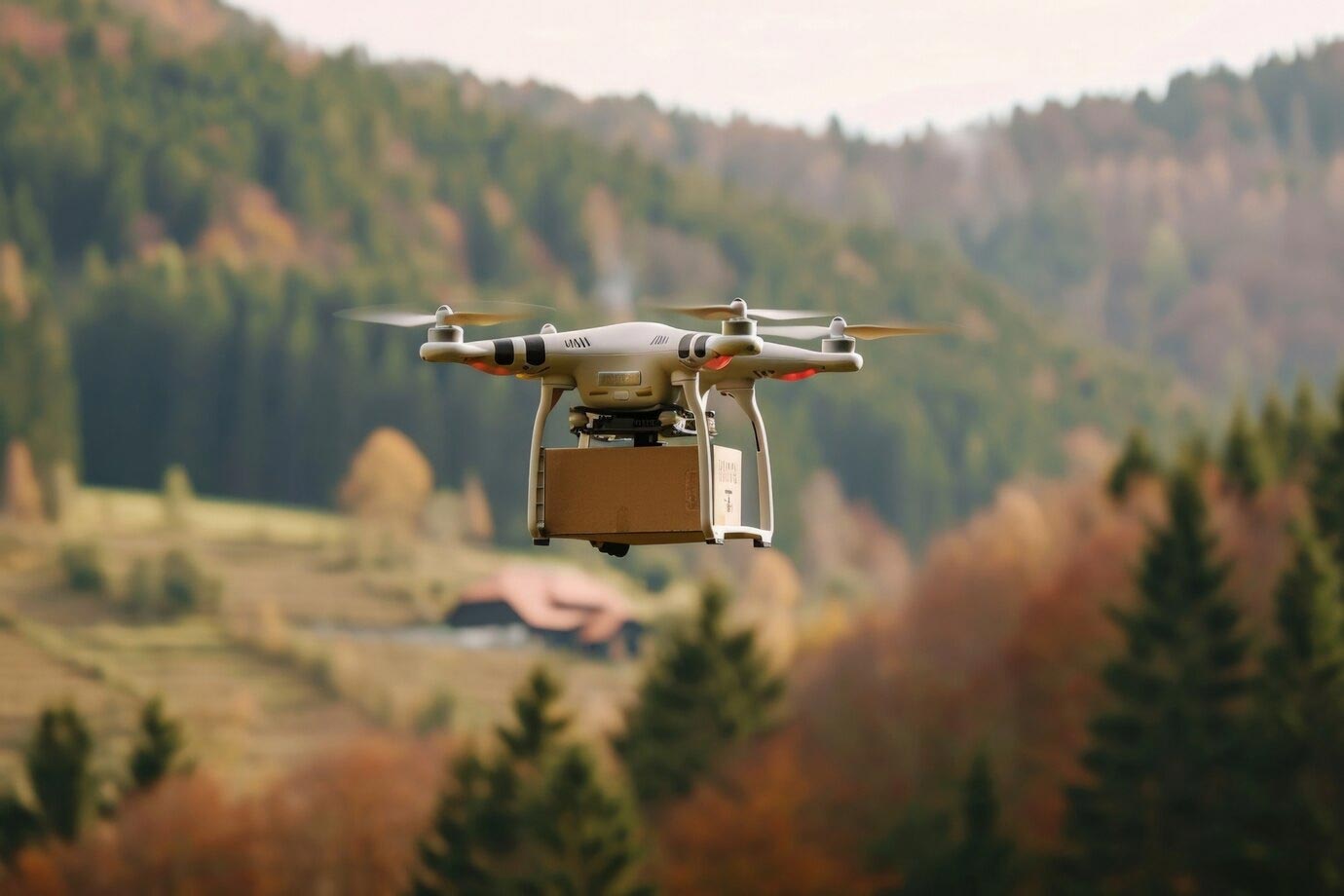Drone Operator Exam Preparation
Preparing for the drone operator exam requires a solid understanding of the regulations, safety measures, and practical skills needed to operate unmanned aircraft systems (UAS). This guide details the essential steps and knowledge areas to focus on for the exam.
Understanding the Regulations
The Federal Aviation Administration (FAA) governs the operation of drones in the United States. Regulations can be complex, but knowing them is crucial. Here’s what you need to know:
- Part 107 Regulations: These rules cover the operation of small UAS, including weight limits and operational limits.
- Remote Pilot Certification: Anyone operating a drone for commercial purposes needs to have this certification.
- Airspace Classes: Familiarize yourself with the different classes of airspace and the rules for operating within each.
- Waivers: Learn the process for obtaining waivers for specific operations that don’t comply with standard regulations.
Prepping for the Knowledge Test
The FAA’s knowledge test covers a wide range of topics. Study guides and practice tests are essential tools. Focus on:
- Airspace and Charts: Being able to read aeronautical charts and understand airspace classifications is critical.
- Weather: Know how weather affects drone operations, including factors like wind, visibility, and cloud cover.
- Loading and Performance: Understand how weight affects the performance of your drone.
- Regulations: Study the specific regulations around drone operation to ensure compliance.
Safety Measures and Best Practices
Operating a drone safely protects you and others. Understanding and implementing these safety practices is crucial:
- Pre-flight Inspections: Always inspect your drone for any damage or issues before flight.
- Operational Checklists: Use checklists to ensure all necessary steps are completed before taking off.
- Situational Awareness: Always be aware of your surroundings, including people, buildings, and other aircraft.
- Maintenance: Regularly maintain your drone to keep it in good working order.
Practical Flight Skills
Practical flight skills are a significant part of drone operation. Practice in different environments to improve:
- Basic Maneuvers: Master takeoff, landing, and hovering.
- Advanced Techniques: Learn to fly patterns, make controlled turns, and handle emergencies.
- Autonomous Flight: Understand how to program and monitor automated flight paths.
- Cameras and Sensors: Get comfortable with the equipment your drone uses for data collection.
Resources for Study
Use a variety of resources to enhance your preparation:
- FAA Study Guides: Official study guides provide a comprehensive overview of the knowledge required.
- Online Courses: Enroll in courses that offer video instruction, quizzes, and community support.
- Flight Simulators: Use simulators to practice flying without risk.
- Practice Tests: Take as many practice tests as possible to become familiar with the exam format.
Joining a Community
Engage with other drone operators through forums and local groups. These communities can offer advice, share experiences, and provide support throughout your preparation process.
Continued Education
Staying informed about new regulations, technology, and best practices is important. Continued education helps you stay ahead in this evolving field.
- Attend Workshops: Look for workshops and seminars on drone technology.
- Subscribe to Newsletters: Get updates from industry leaders and the FAA.
- Read Industry Publications: Keep up with articles and research in drone-related publications.
This preparation will help ensure you are well-equipped to pass your drone operator exam and safely operate your UAS in compliance with all regulations.
“`
